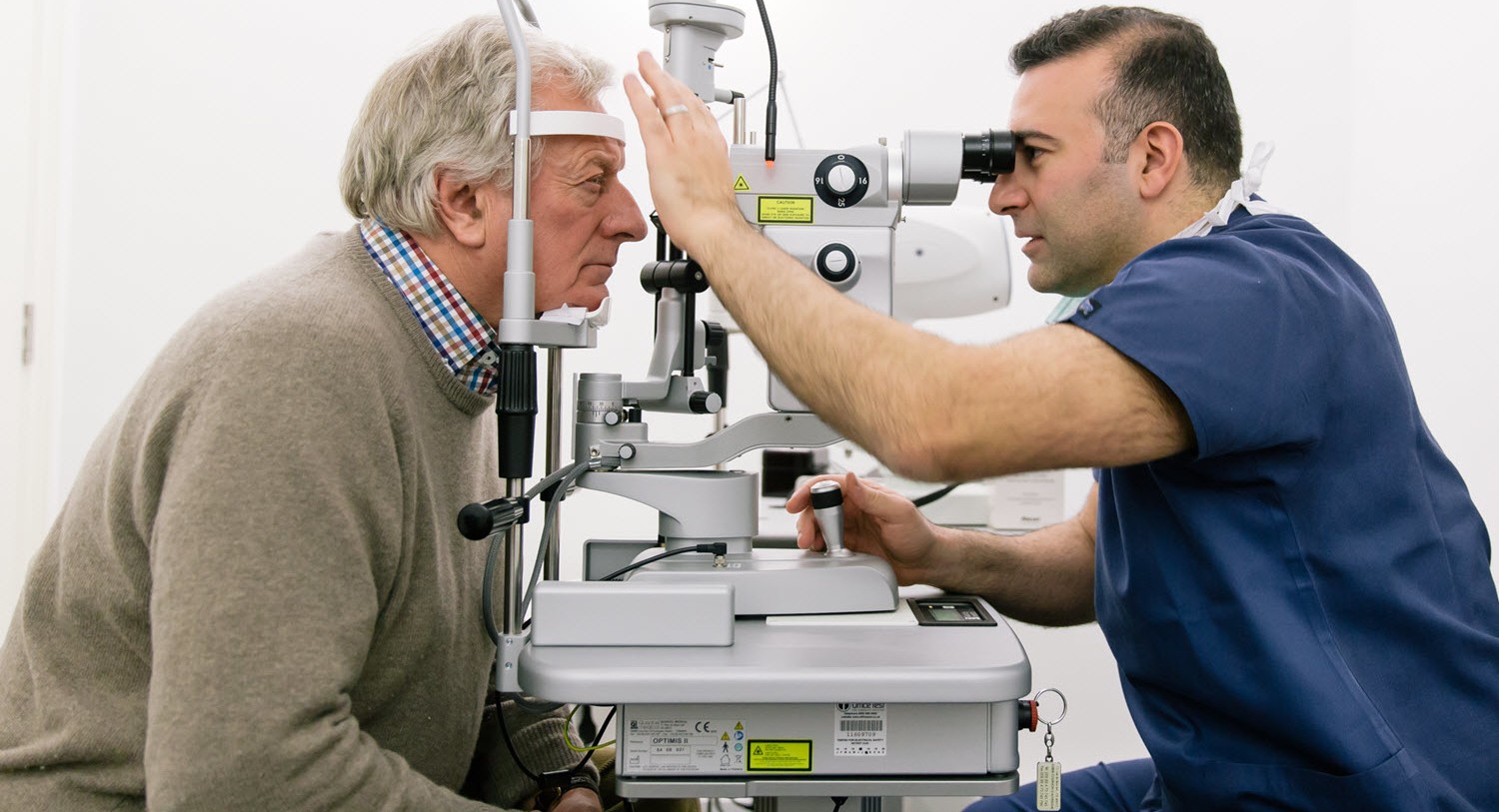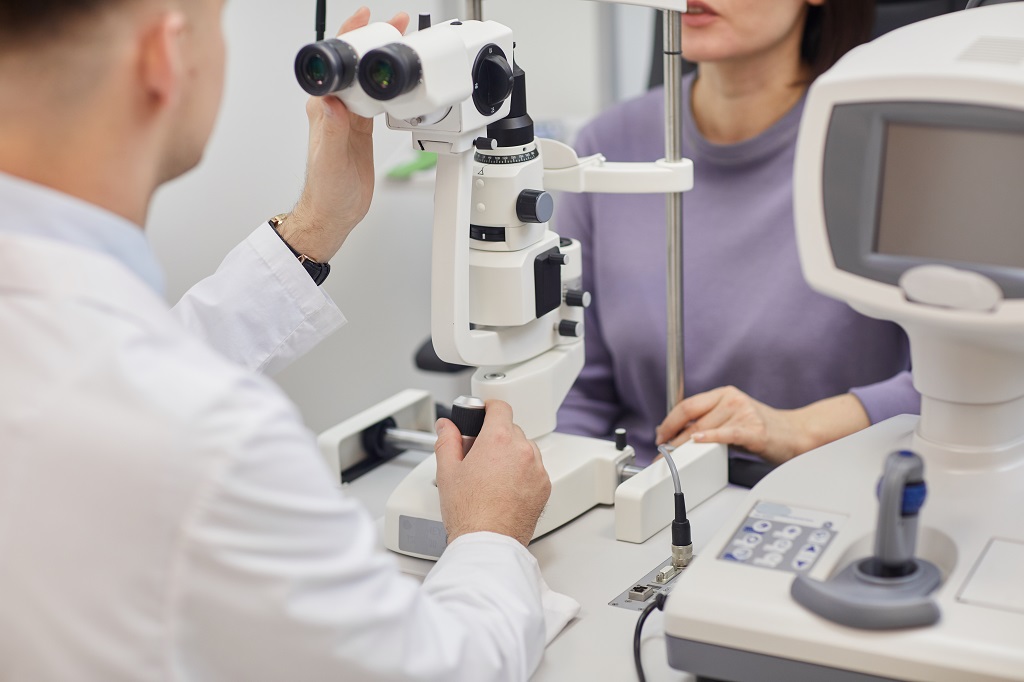
Reasons why you might not be a candidate for laser eye surgery
Today, people all rush to the clinic whenever they notice any issue with their eyes. Of course, that’s good. But we noticed that some people suggest undergoing laser eye surgery procedures to their eye specialist. That’s risky.
Many people have read several write-ups about laser eye surgery. So they already know how effective laser eye surgery is in treating eye problems like myopia, hyperopia, and astigmatism. Hence, we are not disputing the fact that laser eye surgery Sydney is the best way to treat some eye problems. But you are not the one to decide if you will undergo LASIK eye surgery or not.
Don’t be shocked if we tell you here that LASIK surgery might not suit you. Not everyone is eligible to undergo this process. Some people only need to undergo cataract surgery for their vision correction.
So, you can’t just assume you need laser eye surgery. However, there are reasons why laser eye surgery is unsuitable for you. And that is what this write-up is all about.
But before we proceed, creating a piece of background knowledge would be nice. In other words, we will briefly discuss the meaning of laser eye surgery. Then, we will discuss why someone might not be eligible to undergo laser eye surgery. Are you ready for the ride? Let’s ride!
What is laser eye surgery?
Laser eye surgery is the most popular and well-known laser refractive surgery for treating vision issues. LASIK, also known as laser-assisted in situ keratomileusis, is an option for glasses or contact lenses.
A specialized cutting laser is used during laser surgery to accurately alter the shape of the transparent tissue that forms the dome in front of your eye (the cornea) to enhance vision. As a result, the cornea accurately bends (refracts) light onto the retina at the back of the eye in eyes with good vision.
However, nearsightedness, farsightedness, or astigmatism cause the light to be bent improperly, causing hazy vision. Although vision correction with glasses or contact lenses is an option, reshaping the cornea will also produce the required refraction.
Reasons why you might not be a candidate for laser eye surgery
If you’re younger than 18 years old
Results from LASIK are irreversible. A person’s eye, however, can alter over time. Little is known about how a child’s vision develops and what factors affect those changes. During the teenage years, vision can undergo significant alteration. Because of this, the outcomes of Lasik surgery may be erratic or transient. Therefore, anyone younger than eighteen is not advised to have Laser eye surgery.
If you’re pregnant
It is not advised to have Laser eye surgery right before or right after becoming pregnant. Pregnancy can alter a woman’s prescription for vision correction due to hormonal changes and possibly fluid retention.
During pregnancy, a woman can experience slight astigmatism or become more nearsighted. Also, during pregnancy and breastfeeding, hormonal changes can cause dry eyes. Dry eyes could irritate a woman’s eyes and slow the healing process.
Additionally, the eyes must be dilated to perform laser surgery. The drugs used for dilatation and those given after a Laser surgery procedure may be absorbed through mucosal membranes, which could be hazardous to the fetus.

If you’re taking prescription drugs
Some drugs can interfere with laser eye surgery results. For instance, if you take some steroids, the healing process might be delayed. Also, steroids can decrease the vision correction result.
Furthermore, ance medications can also cause dry eye. But remember that dry eyes can increase the chance of cornea scarring after laser eye surgery. Of course, your eye specialist will tell you if the drugs you take can allow you to undergo the procedure.
Vision instability
Honestly, there’s no gainsaying that if your glasses prescription is unstable, you can’t undergo Lasik surgery. In other words, if your contact lenses are unstable, you’re not fit for undergoing laser vision correction.
A competent eye doctor would prefer your vision to be stable for at least a year before he can advise you to undergo laser surgery. There are several reasons why prescriptions can be unstable. Diabetic blood sugar can affect your prescription.
Also, aging changes and contact lens wear can affect your prescription. Remember, laser eye surgery is a permanent process. So, ensuring one’s prescription is fixed before undergoing laser eye surgery is suitable.
If your health is unbalanced
Specific medical disorders can impact your body’s ability to recover from surgery. For example, autoimmune disease sufferers are not ideal Lasik candidates. Hence, numerous autoimmune diseases bring on dry eye syndrome. As a result, dry eyes are more likely to develop post-Lasik infections and may not recover as effectively.
Results after Laser eye surgery are frequently impacted by additional illnesses such as diabetes, rheumatoid arthritis, lupus, glaucoma, or cataracts. Before getting Lasik, you shouldn’t have had any eye illnesses or injuries within the previous twelve months. Corneal scarring caused by injury or infection may have negative consequences.

If you have dry eye
Dry eye syndrome typically disqualifies one from having laser eye surgery. A person with dry eyes is more likely to have severe post-Lasik discomfort and a possible deterioration of their dry eye symptoms.
Dry eyes might also prevent the body from recuperating correctly. This does not imply that someone with dry eyes cannot get LASIK. To assess the severity of your dry eye issue, your doctor will examine you.
Before undergoing Lasik eye surgery, patients are occasionally started on specialized dry eye medicines. It may be possible to undertake specific operations, like punctual occlusion, to treat dry eye and lessen its unpleasant symptoms.
If you have unfounded expectations
After laser surgery, you shouldn’t anticipate having perfect eyesight. Unfortunately, people seeking laser vision correction are sometimes misled by Lasik marketing, which frequently promises an end to wearing glasses or contact lenses.
You shouldn’t anticipate perfect vision even though most Lasik patients experience outstanding results. After surgery, each patient recovers uniquely. There is always a chance that you might need to use reading glasses or corrective lenses for at least some activities after having Lasik, especially at night. Consider your options before getting Lasik if you’re expecting perfection.
On a final note
Laser eye surgery cost is also one of the reasons why one may not be a candidate. Why? This surgery is expensive. However, laser treatment is easy if you contact a qualified surgeon. Finally, do you have something to say regarding this topic? Please feel free to share with us.
